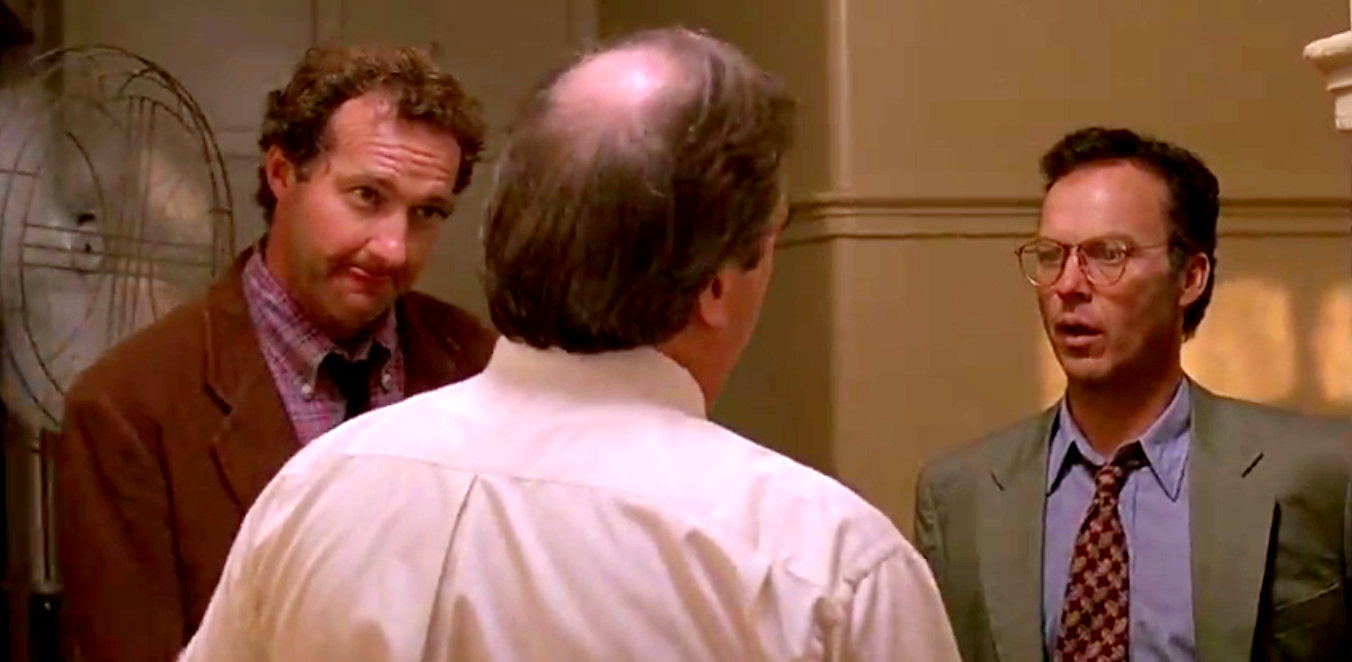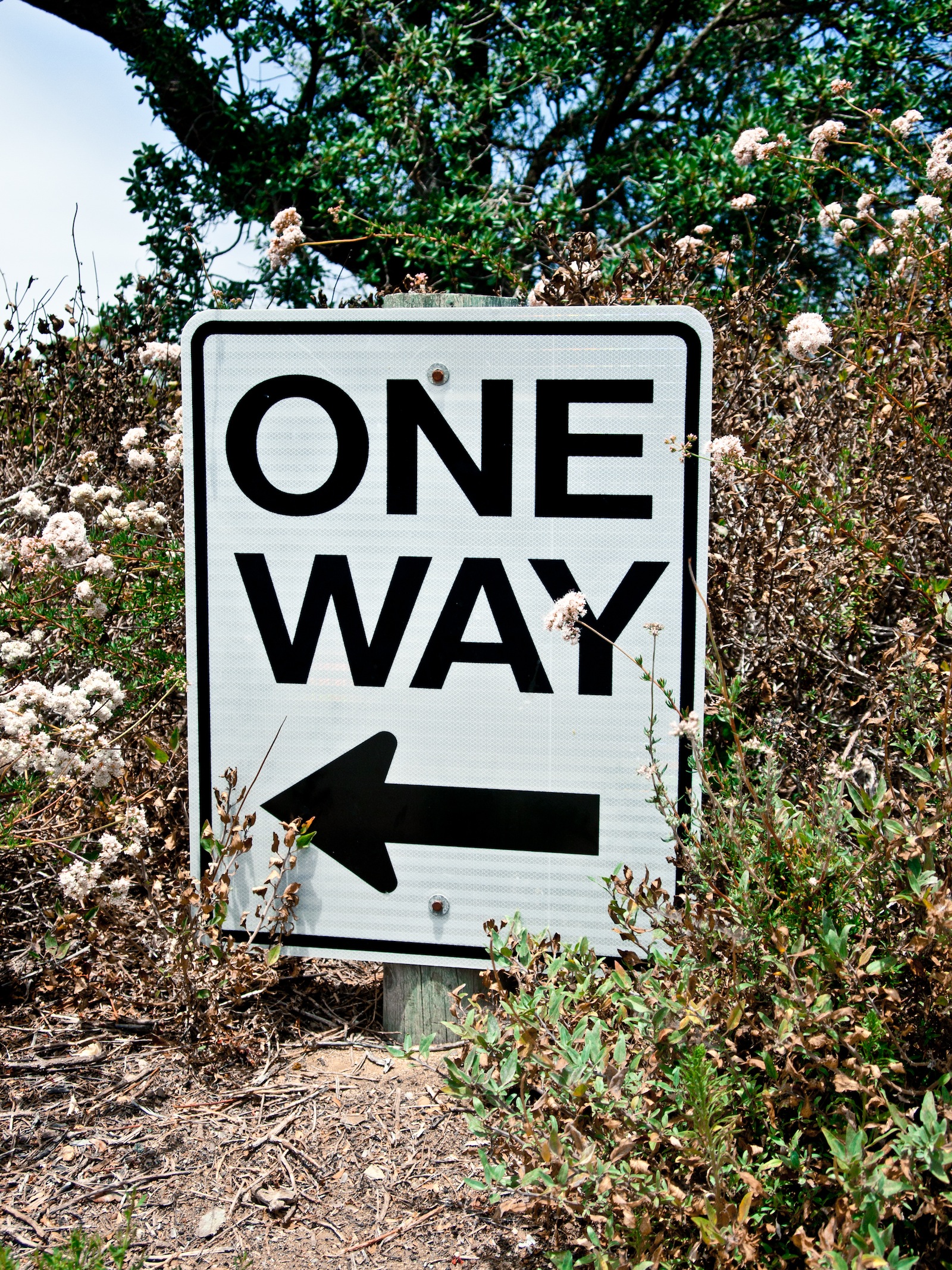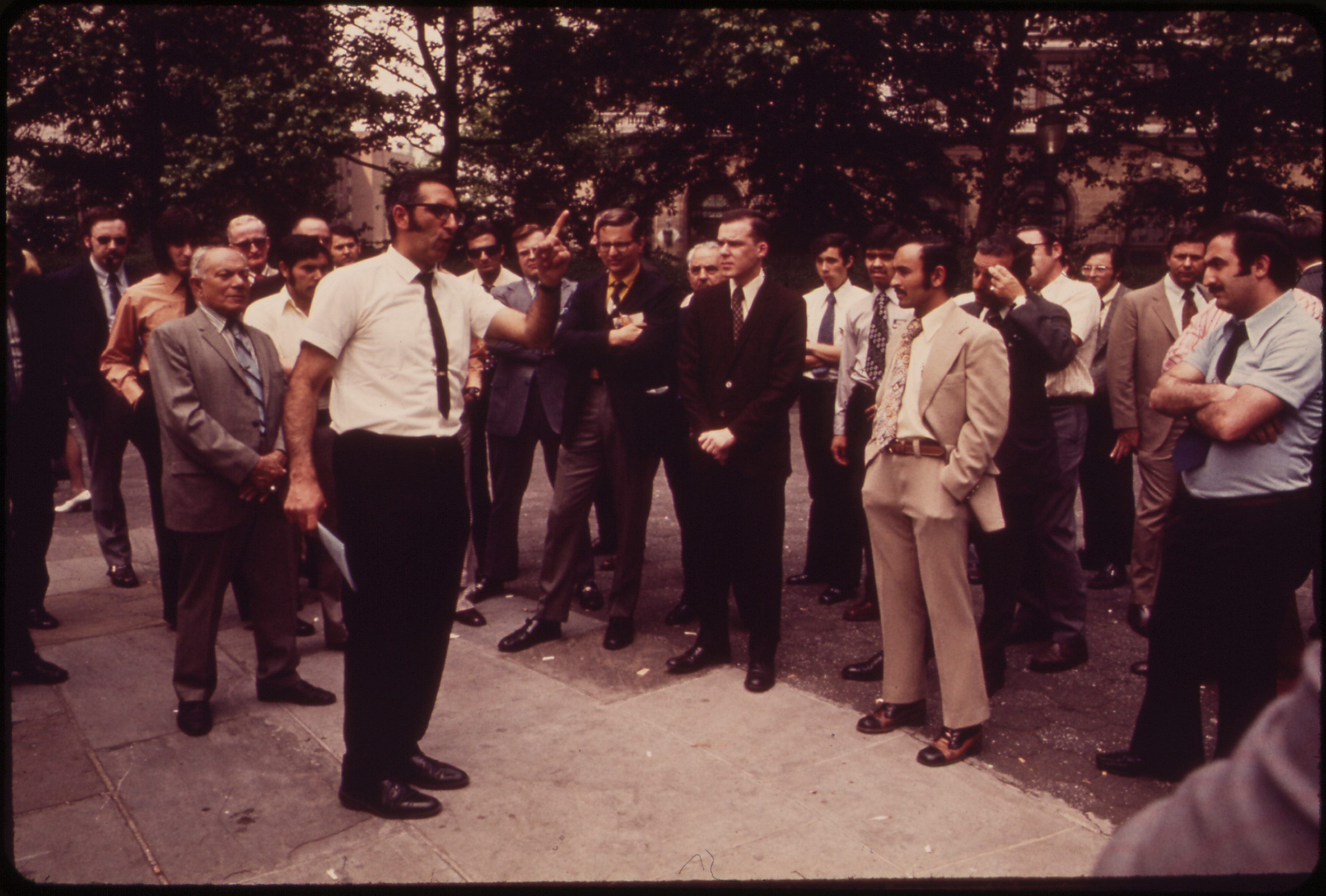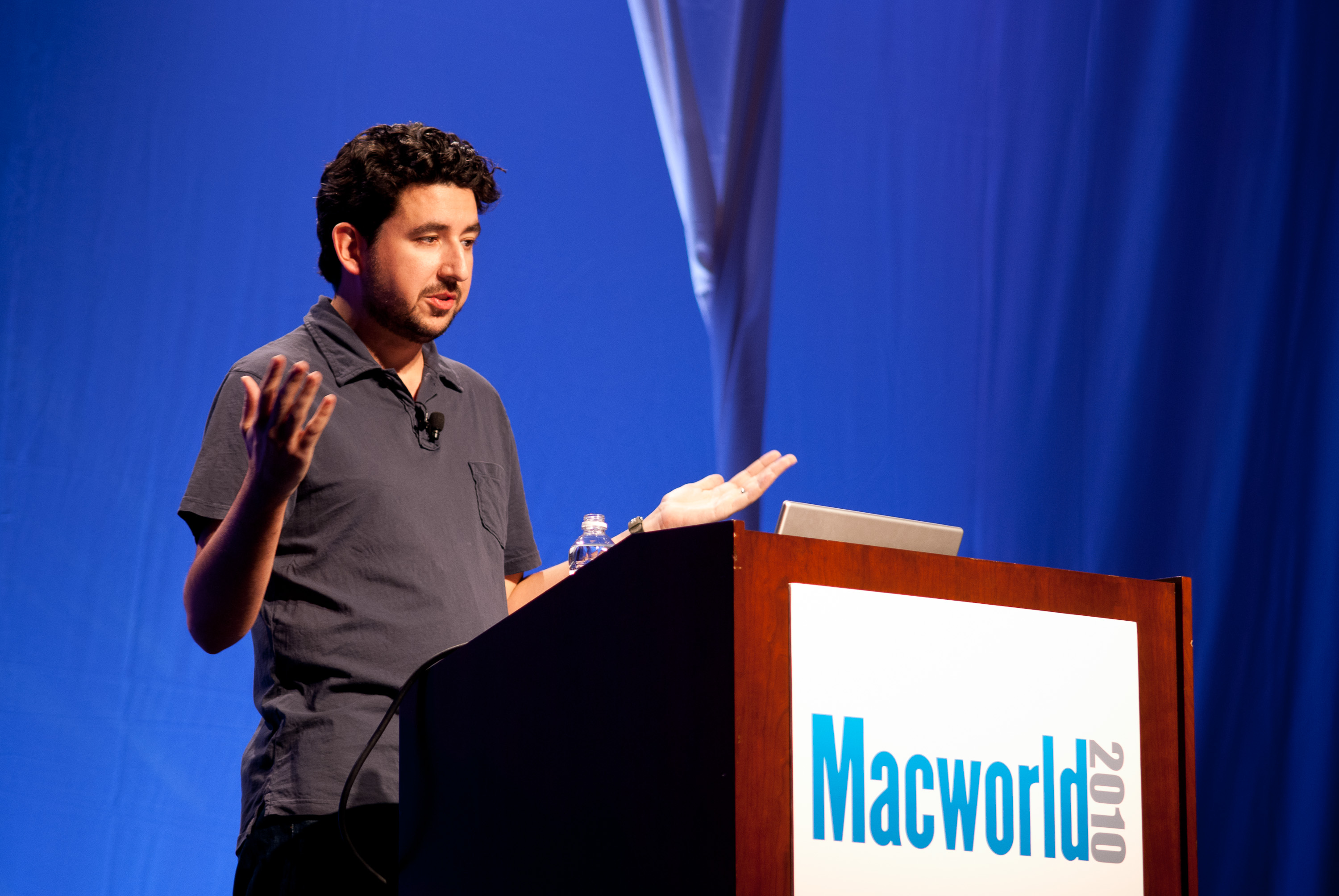It must be Sunday, because here I write another introduction to a chapter from my ebook Responsible Reporting: Field Guide for Bloggers, Journalists, and Other Online News Gatherers. Section 2 introduces five journalisms—contextual and process were presented the previous two weeks. Next up, conversational journalism applies community concepts from local newspapers to the expansive Internet audience, which is actively engaged wherever and on whatever device it may be.
Please also read the other excerpts: Foreward and from Section 1, Chapters, I and II, III and IV, V and VI to grasp the logical flow. Reminder: The book releases into the public domain soon after the serialization completes.





